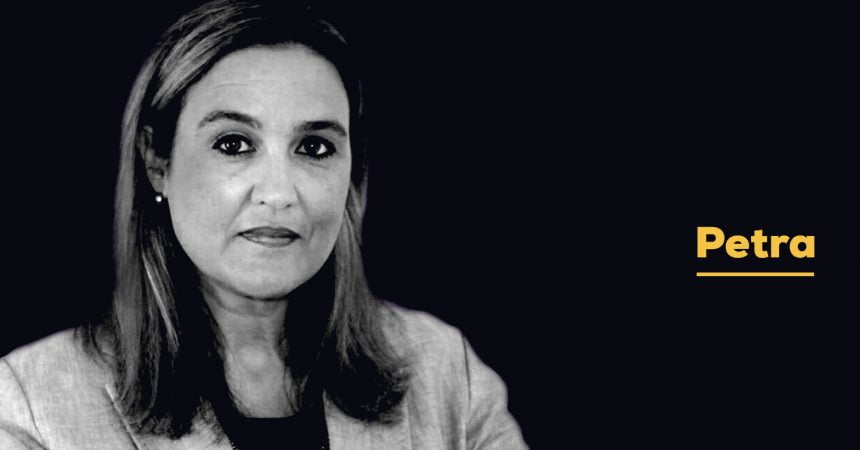The Eurovision song contest may soon be grabbing more attention than the European elections. People are growing tired of hearing the campaign talk of political parties. The polls indicate that the PL will win more MEP seats than the PN, while small parties and independents can expect no seats at all.
Amid all the rhetoric about loving Malta, damning traitors and bewailing reputation, you’d be forgiven for wondering whether to view the EU as saviour and protector, or as policeman.
Take this example. MEP candidate Alex Agius Saliba, appearing under a campaign tent in Birżebbuġa with the Prime Minister this week, noted that the most frequent complaints he hears from residents there are on light and noise pollution (presumably from the Freeport).
He said he felt their pain. And what did he propose to do about it? Did he turn to the Prime Minister, sitting nearby, for a solution? No, he did not. He instead promised residents that if elected he will lobby in Brussels for tighter noise and light regulation.
This MEP candidate must know that while Malta is tied to minimum standards set by EU environmental legislation, the government itself can choose to be more stringent. He would have realised, however, as he addressed the crowd gathered before him, that he could offer no solution here, so he lobbed the ball over into the EU court. As protector or policeman?
Is it ok to appeal to the EU on environmental concerns back home, but not on other matters (such as rule of law or money-laundering)? Where should we draw the line? When do we start ‘betraying’ the country?
Whether the residents of Birżebbuġa were convinced by the promise of EU regulation, I do not know. Another offering to annoyed Birżebbuġa residents is the Environment Minister’s plan for a new afforested picnic area behind the Freeport.
This is a good initiative, although it is truly a surprise that the environment is being given some priority in these elections. Even the Economy Minister has tried to get a piece of the green action, promising to build higher factories and expand industry vertically instead of “encroaching on the environment due to economic growth”.
Meanwhile, the Planning Authority is busy restricting public access to environmental information on its system. With this move, developers can process their applications out of sight until the final stages, with neighbours given less time than before to get organised and respond once the documents are made public.
The Planning Authority is here interpreting regulations in a way which deals a good hand to developers and a bad hand to residents. This is the government’s real ‘environmental’ mindset.
The Planning Authority has also been busy preparing the ground for a second new picnic area, this time at Ta’ Qali, launched by the Infrastructure Minister last week. I can only agree that picnic areas are nice to have and that people will surely enjoy them.
From an environmental viewpoint, however, they are bread and circuses if attempting to distract minds from the tsunami of destruction being inflicted on the rest of the island. Picnic areas are crumbs off the table while cranes and concrete still take the cake.
Joseph Muscat’s political vision includes a new ‘middle class’ in Malta. He has explained that having achieved a good standard of living, people today want open spaces to spend quality time as families. Ta’ Qali is presented as part of this solution – while the over-heated construction industry takes over the rest.
To sustain the appetite of this ravenous sector, more people must be brought to Malta. A set of low paid workers must come to create all these buildings and infrastructure, while a different set of highly paid workers must come to live in these new, expensive properties. And in the middle of all this, ordinary Maltese families will drive to Ta’ Qali to try to find somewhere to relax.
First-time buyers are struggling to get on the property ladder. An influx of different workers, both high and low end, will not make desirable properties or areas more affordable. Prices will not necessarily fall as property supply increases if the population also grows. An expansion of upmarket properties, such as successful high rise development, will anyway only cater for a high earning segment of society. This sounds like a recipe for deepening social inequality, not flattening it out.
Affordable housing will apparently be tackled through a reform of the rental market but we have yet to see what that will bring. The government has also said that it intends to convert some abandoned State-owned properties into social housing. This is good in the sense that it is better to renovate than to build new each time, using more resources including land.
It has promised to build new social housing units too. With soaring property prices, social housing will presumably be more needed than ever. This adds another strain to the public coffers, while the elderly struggle to make ends meet on their meagre pensions.
An economic model skewed in this direction by construction may generate immediate wealth for some people, but threatens difficult long term social consequences too.
petracdingli@gmail.com












